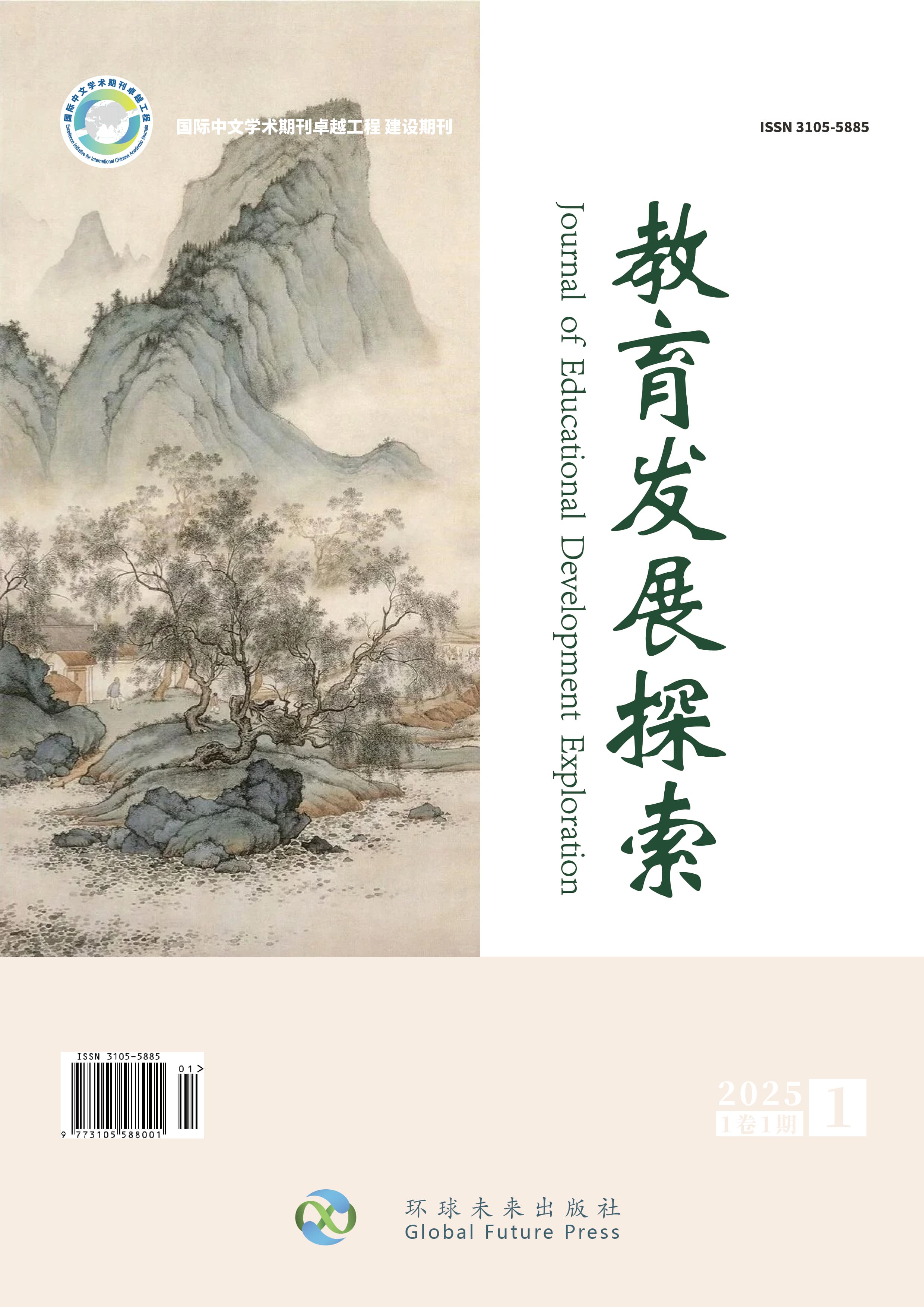Practical Research on the Collaborative Education of Curriculum Ideology and Politics and Secondary Vocational Mathematics Teaching under the Background of a Powerful Education Country
DOI:
https://doi.org/10.65196/j829kb56Keywords:
Powerful Education Country, Curriculum Ideology and Politics, Secondary Vocational Mathematics, Collaborative Education, Teaching PracticeAbstract
Under the national strategic background of building a powerful education country, vocational education undertakes the important mission of cultivating high-quality technical and skilled talents, craftsmen, and great craftsmen of the country. Curriculum Ideology and Politics is a key path to realize the "all-round, whole-process, and all-staff education" (Sanquan Education). As an important public basic course, secondary vocational mathematics contains rich ideological and political elements in its teaching process. This study aims to explore the internal logic and practical strategies of the collaborative education between Curriculum Ideology and Politics and secondary vocational mathematics teaching. Firstly, the article analyzes the new requirements put forward by the powerful education country strategy for the education goals of secondary vocational education, and expounds the necessity and feasibility of integrating Curriculum Ideology and Politics with mathematics teaching. Furthermore, it deeply explores the ideological and political elements contained in the secondary vocational mathematics curriculum, such as materialist dialectics, scientific spirit, patriotism, and professional literacy. On this basis, a collaborative education practice model of "in-depth excavation - organic integration - innovative methods - scientific evaluation" is proposed, which is illustrated through specific teaching cases. Finally, in view of the challenges in current practice, such as teachers' insufficient ability in ideological and political education, rigid integration methods, and imperfect evaluation system, corresponding countermeasures and suggestions are put forward, in order to provide reference for promoting the reform of secondary vocational mathematics teaching and realizing the organic unity of knowledge impartment, ability cultivation and value guidance.



